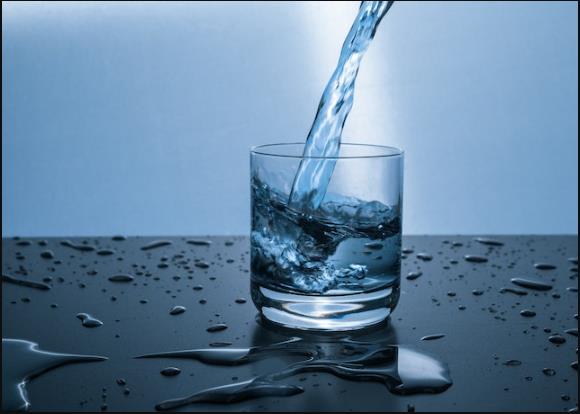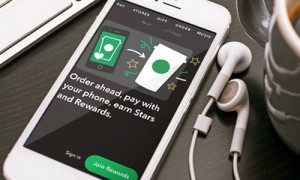网上经常流传一个说法:每天喝8杯水(约2升)有利于身体健康,这真的科学吗?
A famous health tip says you'd better drink eight glasses of water (about two liters) a day. However, the results of a new study suggest that less is needed.
一项发表于国际学术期刊《科学》的研究,首次揭示了人类全生命周期需水量规律,也颠覆了以往许多人对饮水的认知:研究显示,每天8杯水的饮水建议可能超过大多数人真正的需水量。
An international group led by scientists at the Shenzhen Institute of Advanced Technology (SIAT) in China found that the average daily water intake of a man in his twenties should be 1.5 to 1.8 liters, while it should be 1.3 to 1.4 liters for a female in the same age group.
在该研究中,中国科学院深圳先进技术研究院医药所、深圳理工大学(筹)药学院科研团队联合近100个国际团队,对26个国家共计5604名受试者进行了研究,样本年龄覆盖8天大的婴儿到96岁的老人,推导出全球首个用于预测人体每天需水量的公式,首次揭示了人类全生命周期的需水量规律。
水是生命之源,人体每天的水周转量(Water Turnover)即水的总交换量,包括了我们摄入的水分和流失的水分,在很大程度上反映了人们的需水量。

研究发现,20至35岁男性每天的水周转量为4.2升,30~60岁女性每天的水周转量为3.3升,此后随着年龄的增长而下降,到了90多岁,都下降到2.5升左右。
The researchers investigated 5,604 participants from the ages of 8 days to 96 years and from more than 20 countries, using isotope-tracking methods. They have found that a man aged 20 to 35 consumes 4.2 liters of water each day, while a woman aged 30 to 60 consumes 3.3 liters, with the water requirements dropping as he or she ages.
值得注意的是,水的周转量并不等于饮用水的需水量,例如,一名20多岁的男性每天水周转量为4.2升,但并不需要饮用4.2升水,因为人体代谢和体表水交换可提供其中的15%,其余85%的需水量来自食物和饮水,食物和饮水各半,因此该年龄段男性每日平均饮水量为1.5至1.8升。
Since the metabolism and water exchange on skin can provide 15 percent, while food and drinking contribute half each of the remaining 85 percent, people are thus suggested to drink less than 45 percent of the total daily turnover, according to the researchers.
相比之下,女性饮水量要小,因为女性的非脂肪成分低于男性,例如一位20多岁的女性,每日的饮水量可能为1.3至1.4升。
论文共同第一作者张雪映表示,研究结果表明,每天喝8杯水(约2升)对大多数人来说可能太多了。
"The majority of people perhaps don't have to drink 8 glasses of water a day," said Zhang Xueying, co-first author of the paper and an assistant research fellow at the SIAT.
研究还发现,水周转率的个体差异较大,例如仅在成年人中,有些人每天的水周转率仅为身体水分的5%,而另一些人的水周转率则高达20%。不同年龄段、性别、国家的人的需水量是不同的。因此,一刀切的健康建议并不适合对个体进行精准化健康指导。
The total water input and output varies according to multiple factors, including body size, physical activity, air temperature, humidity, and altitude, according to the study.
另据分析发现,生活在炎热潮湿的环境和高海拔地区的人群,以及运动员、孕妇和哺乳期妇女和高体力运动水平的人群中,水的周转率更高。此外,在发展中国家和从事重体力劳动的人群中,也观察到较高的水周转率;日常体育活动也会增加水周转率。
此外,该研究提到,水周转率被证明与很多生理健康指标相关,例如身体活动水平、体脂率等,并首次提出了水周转率可以作为一个反映人类的代谢健康的新生物标志物的理念,这对肥胖、糖尿病等各种代谢慢性疾病的研究提供了新思路。







